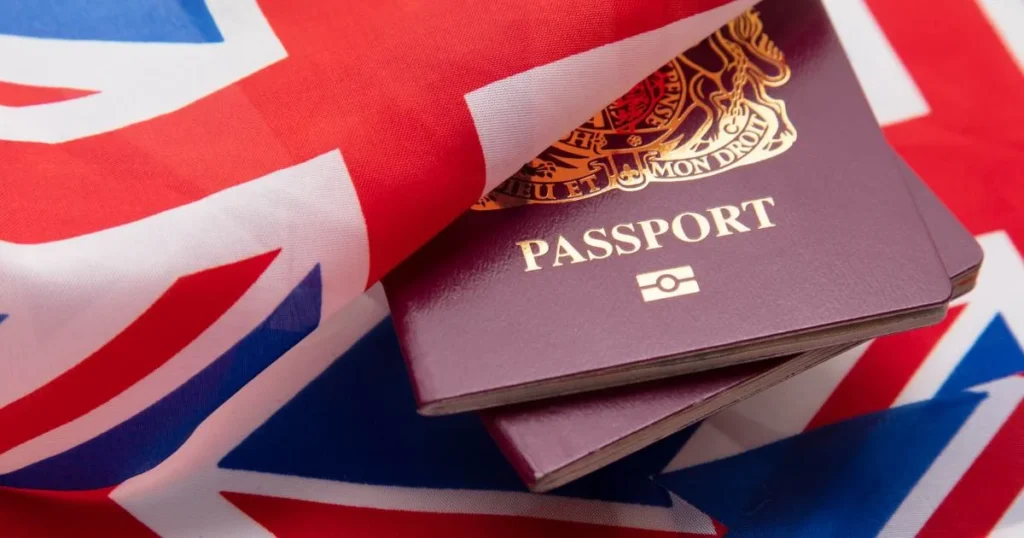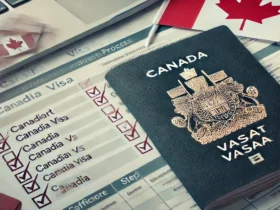Becoming a UK citizen is a significant achievement and a life-changing event for many people. It opens the door to a range of rights and privileges, including the ability to vote, work without restrictions, and travel with a British passport. However, the path to UK citizenship can be complex, with various eligibility requirements and procedures to follow. This comprehensive guide provides you with practical tips and insights into how to become a UK citizen.

Understanding UK Citizenship
UK citizenship is granted to individuals who meet specific criteria set by the UK government. The most common routes to citizenship include:
- Naturalisation: This is the primary pathway for non-UK citizens who have lived in the UK for a certain period and meet other requirements.
- Registration: This applies to specific categories of people, such as children born to British citizens abroad or individuals with a British grandparent.
- Citizenship by Descent: This is for individuals with British ancestry.
- Citizenship by Birth: This is for those born in the UK to British citizens or settled residents.
The naturalization route is the most common for immigrants, so this article focuses primarily on that process.
Tip 1: Ensure Eligibility for Naturalisation
To be eligible for naturalization, you must meet specific requirements, including:
- Residency Requirement: You must have lived in the UK for at least five years before applying. During this period, you should not have spent more than 450 days outside the UK, and in the final year, no more than 90 days.
- Indefinite Leave to Remain (ILR): You need to have ILR or settled status under the EU Settlement Scheme for at least 12 months before applying for naturalization.
- Good Character: The U.K. government will assess your character and conduct a criminal record check. Criminal severe offenses, tax evasion, or immigration violations could lead to rejection.
- Language and Life in the U.K. Test: You must demonstrate your proficiency in English and pass the Life in the U.K. Test, a quiz on British history, culture, and society.
- Intent to Live in the U.K.: You must intend to make the U.K. your permanent home.
Tip 2: Prepare for the Life in the U.K. Test
The Life in the U.K. Test is a critical step in the naturalization process. It assesses your knowledge of British culture, history, and societal norms. Here are some tips for preparing:
- Study Guide: The official guidebook, “Life in the U.K.: A Guide for New Residents,” is the primary resource for test preparation. Study it thoroughly to understand the test’s content.
- Practice Tests: Several online resources offer practice tests that simulate the exam. Use these to gauge your knowledge and identify areas for improvement.
- Attend Classes: Some community centers and adult education institutions offer courses to help you prepare for the test.
- Plan Your Test: Book your test early to ensure availability. The test is conducted at approved centers across the U.K.
Tip 3: Master the English Language Requirement
To meet the language requirement, you must prove your English proficiency. This can be done through:
- Language Test: Approved tests include IELTS (International English Language Testing System), Trinity College London, and others. It would help to have a B1 level on the Common European Framework of Reference for Languages (C.E.F.R.).
- Academic Qualifications: If you have a degree taught in English, you may be exempt from the language test.
- Exemptions: Some individuals are exempt from the language requirement due to age or medical reasons.
Tip 4: Gather Necessary Documents
As part of your application, you’ll need to submit various documents, including:
- Passport and Travel Documents: Provide copies of your passport and any travel documents to demonstrate your residency in the U.K.
- Indefinite Leave to Remain: Submit evidence of your I.L.R. or settled status.
- Proof of Address: Utility bills, bank statements, or other official documents can prove your address.
- Proof of Good Character: This may include a police certificate or other documentation as requested.
- Life in the U.K. Test Certificate: Submit the certificate showing you passed the test.
- Language Test Certificate: If applicable, provide the certificate showing you met the language requirement.
Tip 5: Complete the Application Process
The naturalization application process involves several steps:
- Complete the Application Form: The primary form for naturalization is the AN form. Complete it carefully, ensuring all information is accurate.
- Pay the Application Fee: The fee for naturalization is substantial, so ensure you have the necessary funds. As of 2024, it is £1,330.
- Biometric Information: At an approved center, you must provide biometric information, such as fingerprints and a photo.
- Submit the Application: You can apply online or by post. Online submission is generally faster and more convenient.
- Attend a Citizenship Ceremony: If your application is approved, you’ll be invited to a citizenship ceremony where you take the Oath of Allegiance and receive your citizenship certificate.
Tip 6: Consider Legal Assistance
While optional, seeking legal advice can be helpful, especially if your case is complex or you have concerns about meeting the requirements. Immigration solicitors or advisers can guide you through the process and help you avoid common pitfalls.
Becoming a U.K. citizen is a significant milestone that requires careful planning and adherence to specific requirements. By following these tips, you can navigate the process more effectively and increase your chances of success. Remember to stay informed about changes to immigration laws and requirements, as these can affect your eligibility and application process. Good luck on your journey to UK citizenship.





